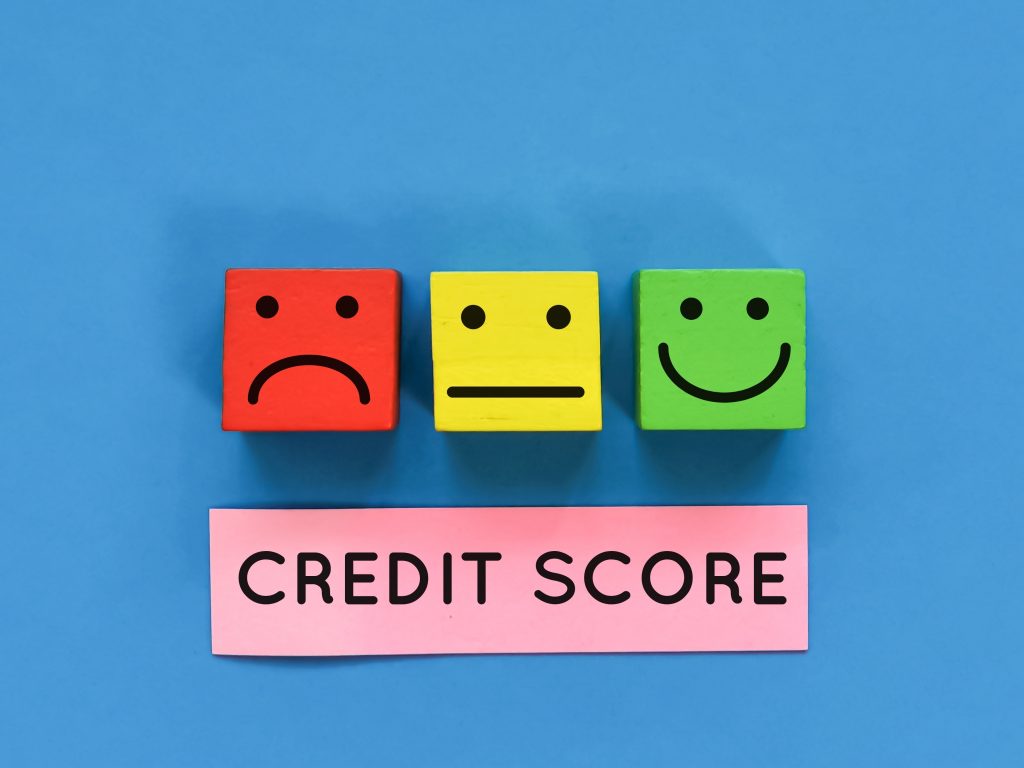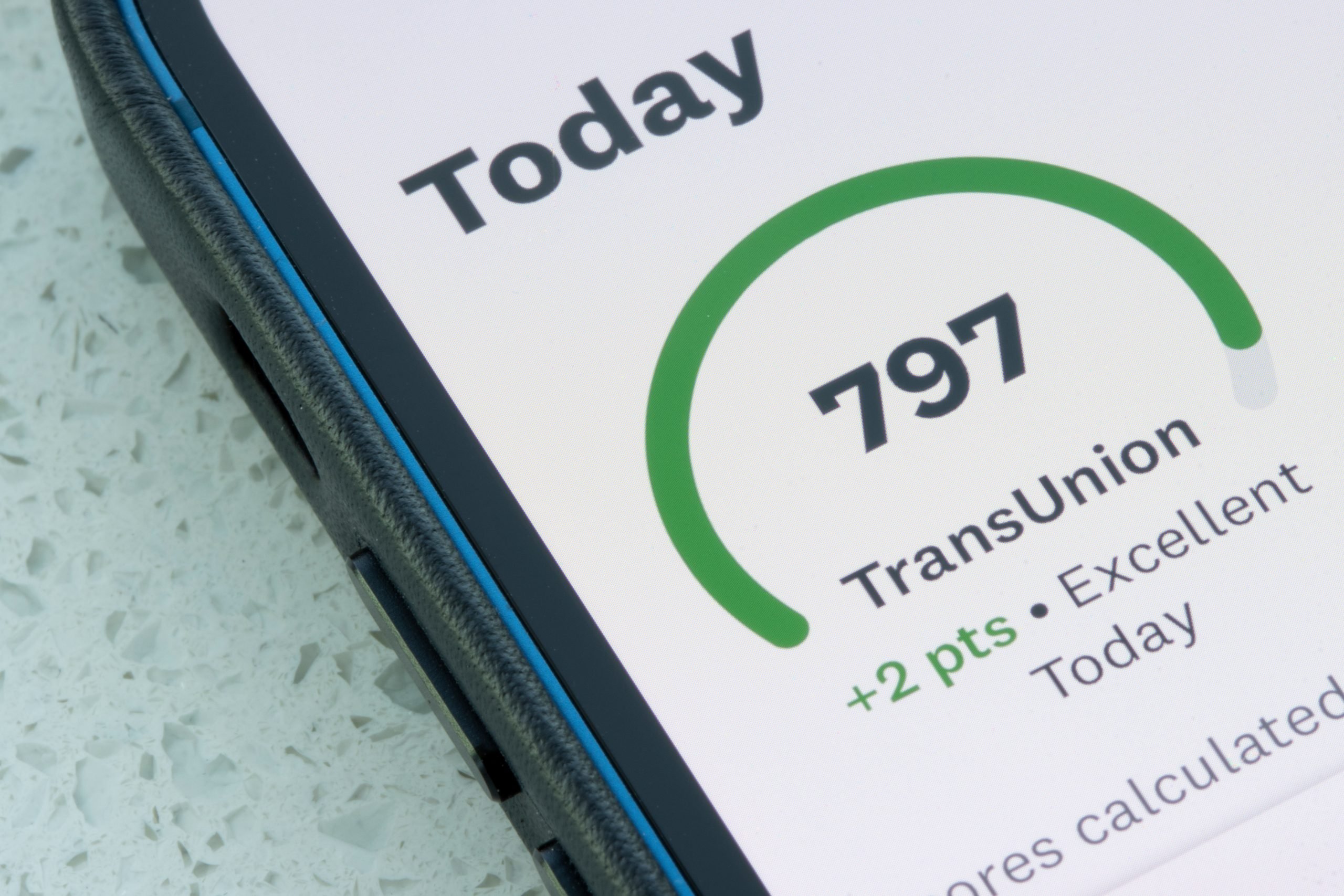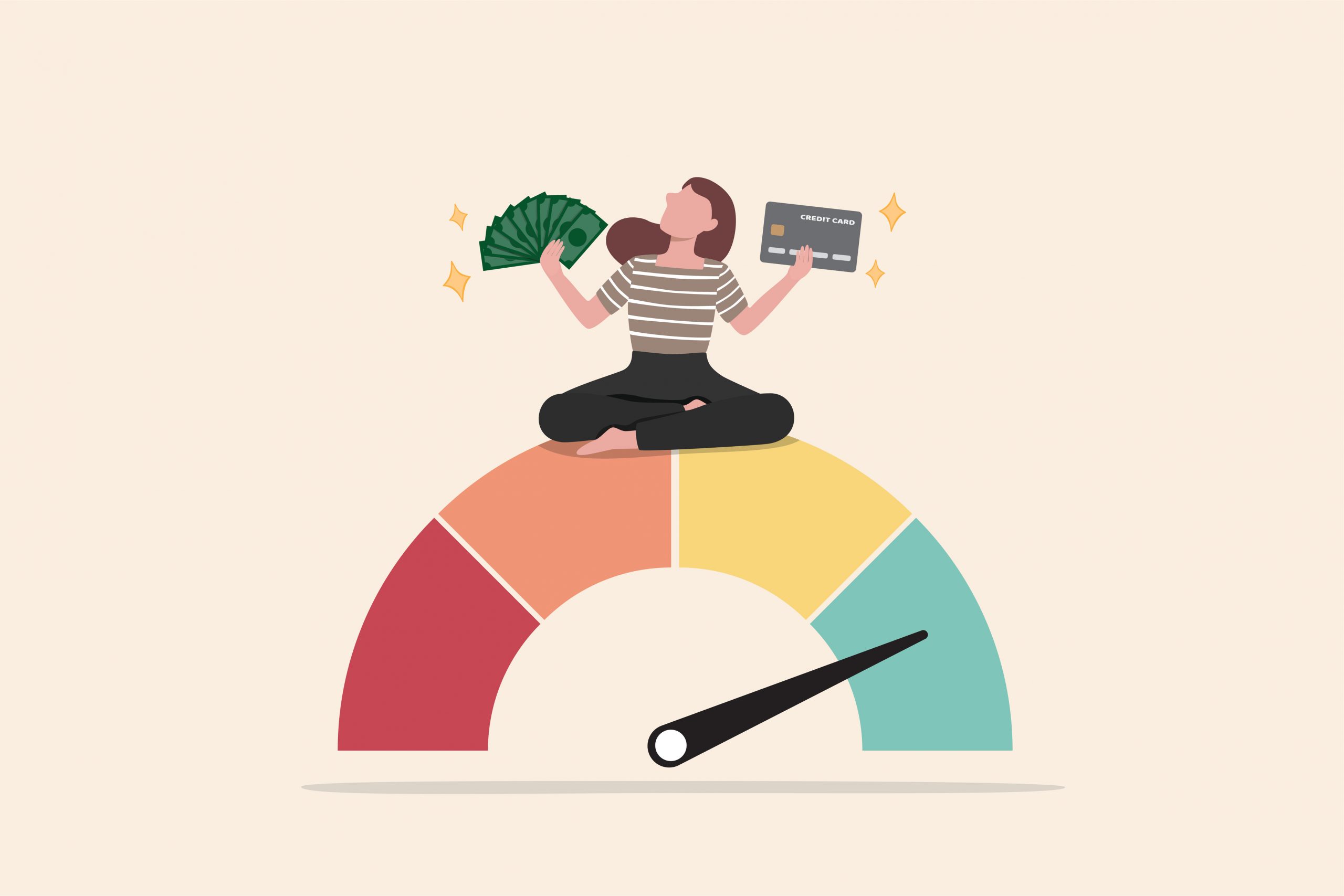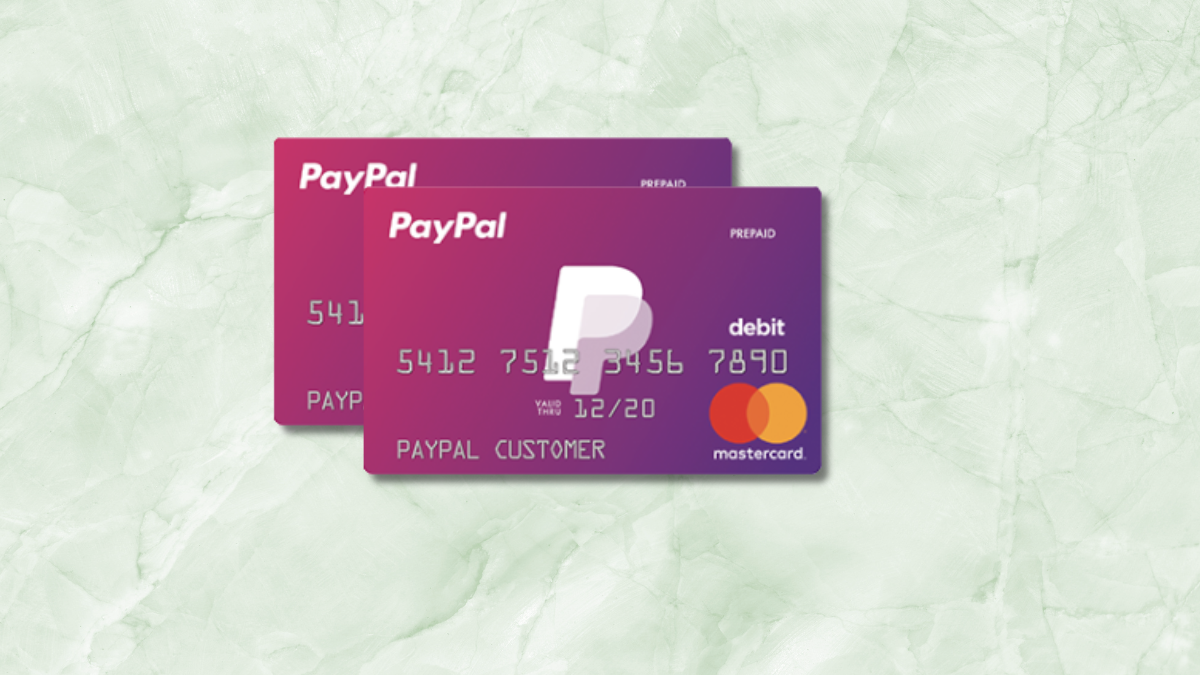Finances
How does credit work: A complete guide with answers
Get a better understanding of how credit works and make informed decisions about your finances.
Advertisement
The impact of credit on your financial health: What you need to know

Credit is a powerful tool that can impact your financial health in many ways. But how does credit work, really?

Consolidate Your Debt with Confidence: Best Loans
Looking to consolidate your debts? Discover what debt consolidation loans are, explore options tailored to you, and find the best loan! Read on!
If you have poor credit, getting approved for loans and credit cards is difficult. On the other hand, if you have good credit, you can approve. Learn More!
You will be redirected to another website
You’ll receive messages for less than 1 week, with a maximum of 1 message per day. You can unsubscribe anytime by replying STOP. By submitting this form, I confirm that I am 18+ years old and agree to the Privacy Policy and Terms and Conditions. I also provide my signature, giving express consent to receive informational messages via automated emails, SMS, MMS text messages, and other forms of communication. Message frequency may vary as part of our good-faith effort to respond to your inquiry. Message and data rates may apply. Text STOP to cancel. I understand that my consent to receive communications is not a condition of purchase and that I may revoke my consent at any time.
Advertisement
What types of credit accounts are there?
Credit accounts can help you finance your needs and goals, but it’s important to understand the different types of accounts and how they work.
Here are some of the most common types of credit accounts:
Credit Cards
Credit cards are a type of revolving credit account that allows you to borrow money up to a certain limit.
You can use the card to purchase and repay the balance over time.
Credit cards often come with rewards programs, cashback options, and introductory offers, but they can also have high interest rates and fees.
Advertisement
Personal Loans
Personal loans are a type of installment loan that can be used for a variety of purposes. Such as debt consolidation, home improvement, or unexpected expenses.
Moreover, you borrow a fixed amount of money and repay it over a set period of time, typically with a fixed interest rate.
Personal loans can be secured or unsecured. And the terms and conditions can vary depending on the lender.
Auto Loans
Auto loans are secured loans used to finance a vehicle. The car serves as collateral for the loan, meaning the lender can repossess the car if you don’t pay.
Auto loans can have fixed or variable interest rates, and the terms and conditions can vary depending on the lender.
Advertisement
Mortgages

Mortgages are secured loans that are used to finance a home.
Like auto loans, the home serves as collateral for the loan, which means that the lender can foreclose on the home if you don’t make your payments.
Nevertheless, mortgages can have fixed or variable interest rates, and the terms and conditions can vary depending on the lender and the type of mortgage.
How would you define a credit score?
A credit score is a numerical representation of your creditworthiness. In this sense, your information is used to calculate the credit reports.
Besides, these report is calculated using credit history, payment history, and outstanding debt.
Furthermore, credit scores range from 300 to 850, with higher scores indicating better creditworthiness.
A good credit score can help you get approved for loans and credit cards with lower interest rates and better terms.
What does the term “credit reporting” mean?
Credit reporting refers to the process of collecting, maintaining, and reporting information about your credit history.
Besides, credit reporting agencies collect information from creditors and other sources, such as public records, and use it to create your credit report.
Additionally, your credit report contains information such as your credit accounts, payment history, and outstanding debt.
This information is used to calculate your credit score.

TransUnion vs. Equifax
Unraveling TransUnion vs. Equifax Credit Scores: Discover the differences between these agencies and how they impact your financial standing. Keep reading!
How is the credit calculated?
Credit scores are calculated using a specific formula that considers several factors.
Payment history is the most important factor, accounting for 35% of your credit score.
This means it’s essential to make your payments on time, as late or missed payments can significantly negatively impact your credit score.
How does your credit score affect your financial life?
Your credit score holds the key to your financial health. It can determine your eligibility for loans, credit cards, and even your employment prospects.
Here’s what you need to know:
- A good credit score can help you get loans and credit cards with lower interest rates and better terms. This means you can save money in the long run and have more financial flexibility;
- If you have a poor credit score, having loans and credit cards can be difficult. This can limit your ability to achieve your financial goals and put you in a tough spot during emergencies;
- It’s not just lenders who check your credit score. Some employers may also review your credit report during the hiring process. A poor credit score could harm your chances of getting hired or lead to lower job offers.
How to maintain a healthy credit score?
Maintaining a healthy credit score is important for your financial well-being. Here are some tips to help you keep your credit score in good shape.
1. Make your payments on time
As mentioned earlier, your payment history is the most important factor in calculating your credit score.
Late or missed payments can have a significant negative impact on your score.
To maintain a healthy credit score, making your payments on time is essential. Set up automatic payments or reminders to ensure you don’t miss any payments.
2. Keep your balances low

The amount of debt you have compared to your available credit is another factor impacting your credit score.
To maintain a healthy credit score, try to keep your balances low.
A good rule of thumb is to keep your balances below 30% of your available credit.
3. Don’t close old credit accounts
The length of your credit history is another factor that can impact your credit score. To maintain a healthy credit score, it’s important to keep your old credit accounts open.
Closing old accounts can shorten your credit history and lower your score.
4. Monitor your credit report
Errors in your credit report can hurt your credit score, so monitoring your report regularly is important.
Besides, you can get a free copy of your credit report from each of the three major credit reporting agencies once a year.
Review your report carefully for errors and dispute any inaccuracies.
Credit can be a valuable tool for achieving your financial goals, but it’s important to use it responsibly.
Bottom line
By understanding how credit works and taking steps to maintain a healthy credit score, you can make informed decisions about your finances.
Remember to make your payments on time, keep your balances low, monitor your credit report, and limit new credit applications.
By following these tips, you can maintain a healthy credit score and achieve your financial goals.
Enjoy and learn more about what is true and what is not about the credit score with the post below.

What credit score do you start with?
Learn about credit scores and discover what credit score you start with! Achieve your financial goals in no time! Read on!
Trending Topics

Integra Credit Personal Loan review: how does it work and is it good?
Read our Integra Credit Personal Loan review to weigh its pros and cons! Pay $0 origination or prepayment fees! Stick with us and learn!
Keep Reading
How to budget for an apartment
Discover how to make your money stretch! Find out how to budget for an apartment to secure that perfect place easily!
Keep Reading
How to travel for free using miles: a guide for beginners
Discover how to travel for free, why you should be earning and saving miles instead of paying with cash, and the best ways. Read on!
Keep ReadingYou may also like

A simple process: Apply for the PayPal Prepaid Mastercard®
Looking to apply for the PayPal Prepaid Mastercard®? We'll walk you through our step-by-step from start to finish - qualify easily!
Keep Reading
A Guide to Mortgage Forbearance: what it is and how it can help
Unsure what mortgage forbearance is? Here's a guide explaining everything, including when to use it and how it works. Read on!
Keep Reading
GO2bank Checking review: Earn up to 7% cash back
Read our complete GO2bank Checking review and learn about this checking account. Earn up to 7% cash back. Let's get started!
Keep Reading